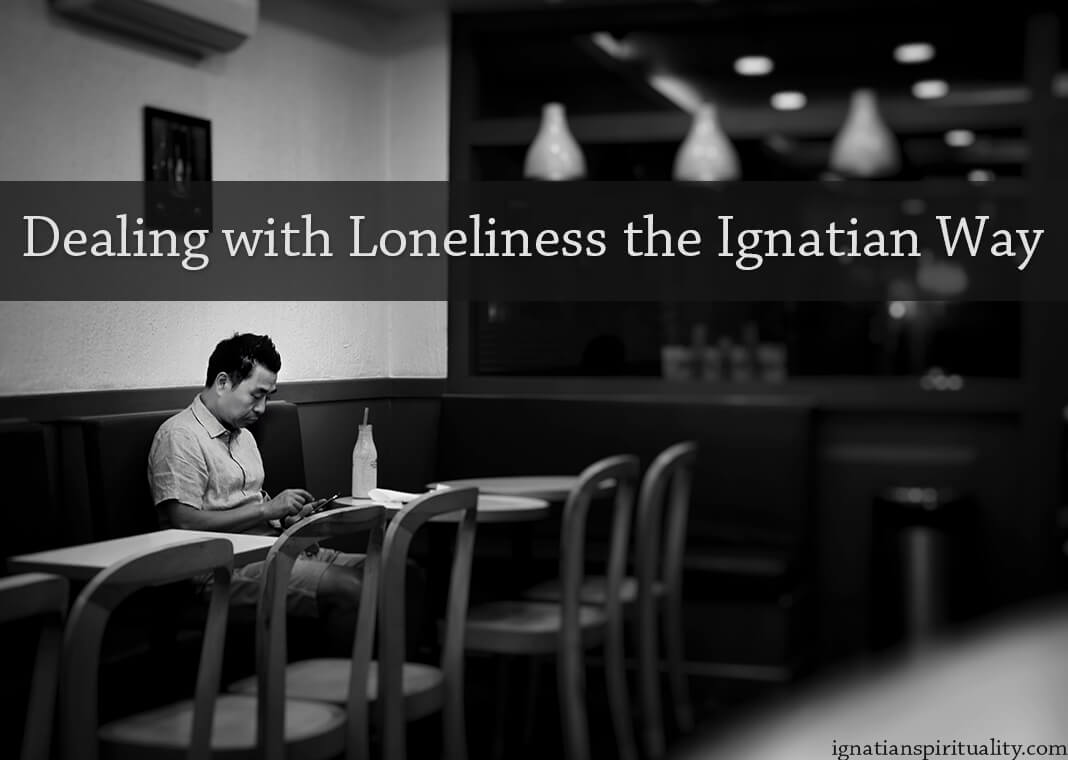
Human beings are built for connection, and so we experience loneliness in ways that are similar to our experiences of hunger or thirst: a lack, a privation, a pain that calls for attention. The growing field of neuroscience, for example, has expanded our understanding of a basic truth already evident in the book of Genesis: it is not good for human beings to be alone (see Genesis 2:18).
Still, many of us will experience loneliness at times in our lives, just as many of us will experience hunger or thirst. How can the tradition of Ignatian spirituality help us to deal with it?
First, let us consider one of the early meditations that Ignatius proposes in his Spiritual Exercises, which I often refer to as “seeing the world as God does.” We consider the universe God has created, the earth and its inhabitants, and God’s loving creation of me as part of the goodness that God seeks to bring forth. Through all the ups and downs of life, God stays with me, gently guiding me toward the good things that will help build God’s project.
Second, let us remember that loneliness is possible only because God has created us to love. Love is a profound gift, and the sense of loss that we feel in the absence of people to love is rather like our experience of pain when we injure a limb; it is a natural signal that something is wrong. Both loneliness and pain point to a lack of something, and in prayer we can ask God to help us discern how to seek healing.
Third, we can unite our prayer to that of Christ on the Cross, particularly the story which Matthew (27:46) tells of Jesus’ sense of abandonment: “my God, why have you forsaken me?” (quoting Psalm 22:1). Reminding ourselves that Jesus felt profoundly alone after seeing his disciples flee, we can meditate on human frailty and the knowledge that our restless hearts find rest only in God (as Augustine famously wrote in his Confessions).
Finally, we can pray with the Church in hope, mindful that the arc of the Church’s liturgy moves in the direction of a fulfillment of the kingdom where “every tear will be wiped away” (Revelation 21:4) and where God makes all things new. Loneliness is one of many sources of sadness and lament in this “vale of tears” through which we pass as pilgrims of hope. And in that hope we remember that loneliness is a stirring of our heart’s desires, which will find fulfillment in the kingdom of God.
Photo by Chetan Hireholi on Unsplash.

Profound piece of reflection. Thanks Tim. Human frailty is known to offer wings to the weaklings to run away from issues of concern. But God’s love is steadfast and more than good enough for the lonely to emerge triumphant.
I am deeply grateful for the way God used what you wrote to touch a place in me that needs healing.
To feel lonely is proof that we are created to love. As you wrote, loneliness is possible only because God has created us to love.